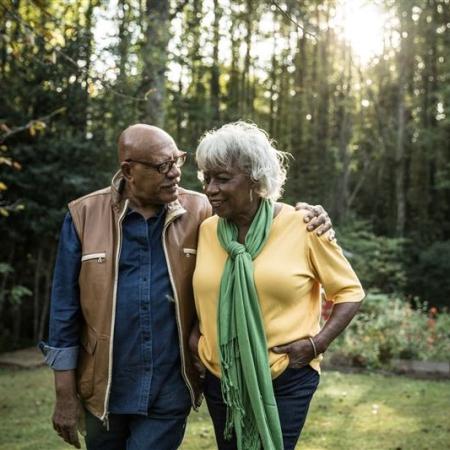What to expect
If you choose to participate, you will sign informed consent documents and continue with the screening period. During the screening period, tests (such as a physical exam, tumor imaging, and blood sample collections) will be performed to confirm whether you meet all eligibility criteria.
If you qualify for this clinical trial and choose to participate, you will be assigned to a study group based on how much HER2 your cancer makes and if your cancer is hormone receptor (HR) positive or negative:
- Group 1: HER2-positive participants who are HR-positive or HR-negative
- Group 2: HER2-low, HR-positive participants
- Group 3: HER2-low, HR-negative (HER2-low TNBC) and HER2-ultralow, HR- positive participants
You will continue to receive the study medicine until imaging scans show that your cancer is getting worse, the study doctor thinks you are no longer benefiting from the study medicine, you have side effects that become too severe, or you choose to stop taking the study medicine.
An experienced team of healthcare providers will regularly monitor your health and tumor growth throughout the study.




